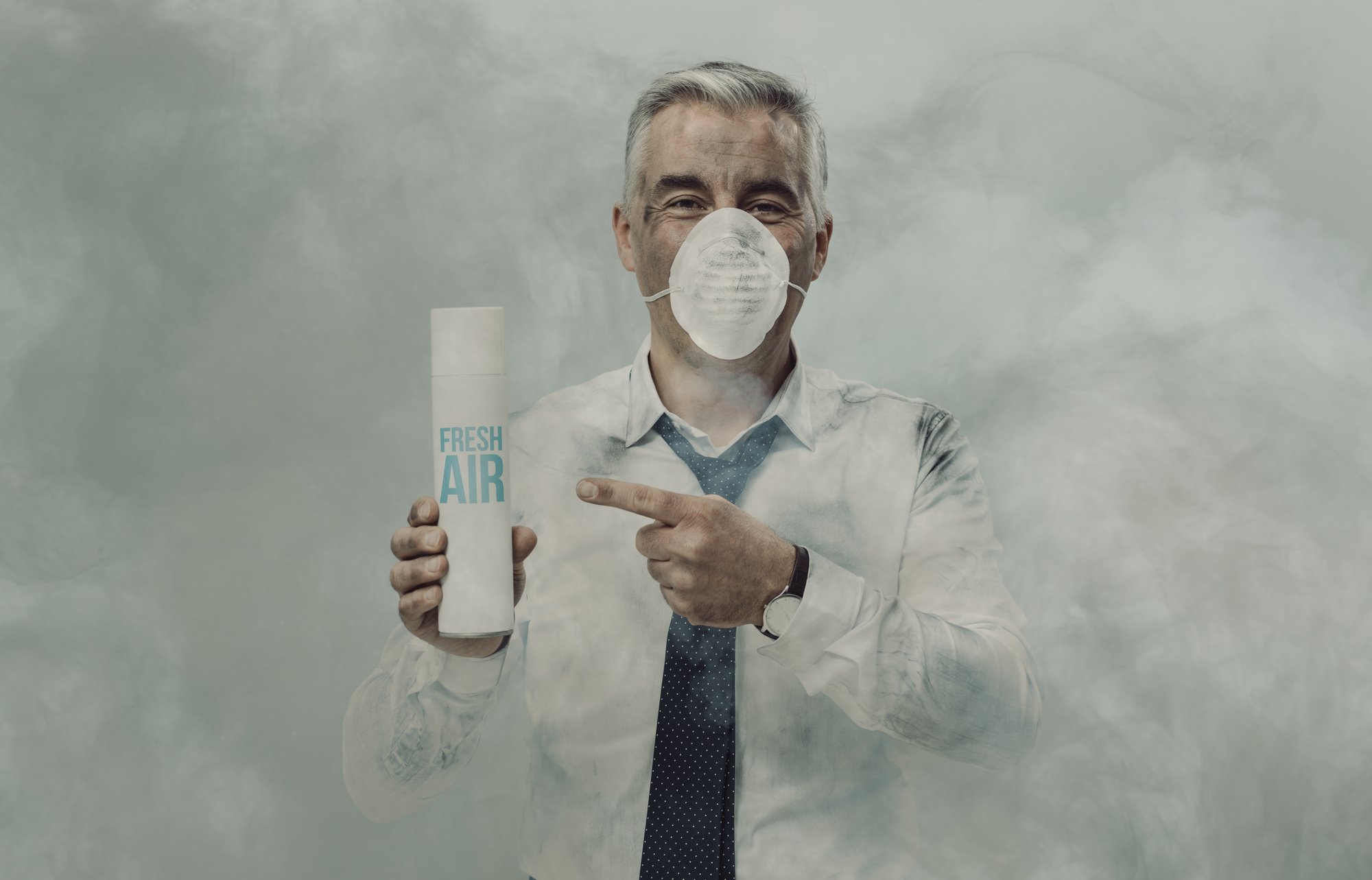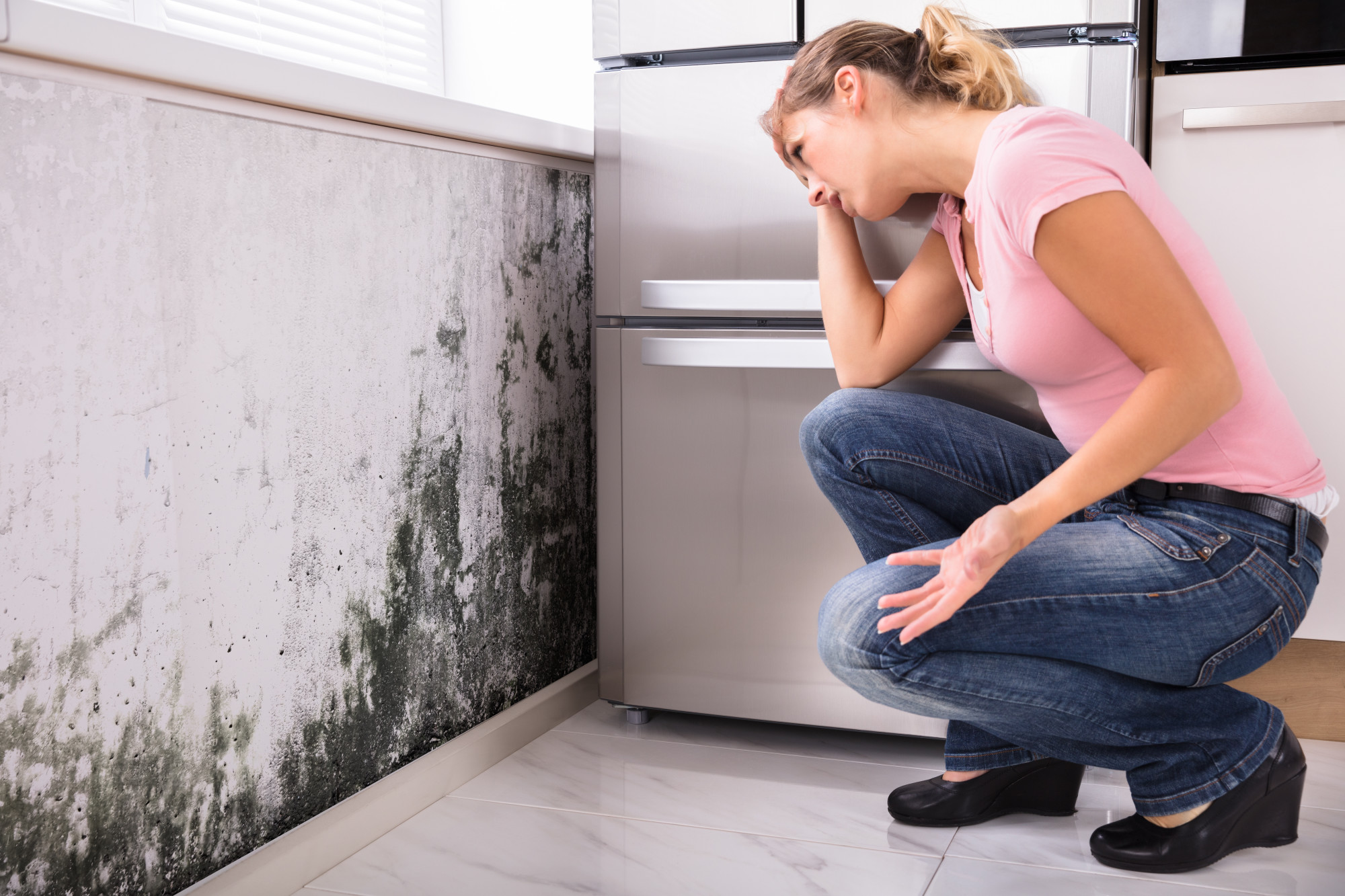Choosing the Right Air Purifier for Your Estero, FL Home
Humans breathe in 3,400 gallons of air a day. Children breathe in 50% more. This makes them more susceptible to lung diseases. There are several ways to increase the air quality at home. You can maintain your HVAC, clean the air ducts, vacuum, avoid chemicals, and buy welcome mats and indoor plants.
Only 27% of families who experience breathing issues from polluted air use an air purifier. It's one of the best options and could prevent up to 65% of childhood asthma and 60% of adult breathing issues.
Read on to learn how to choose the right air purifier for your home.
Consider the Type of Filtration
An air purifier works in several stages. A two-stage system uses a washable fabric filter and a replaceable filter.
The replaceable one should always be a HEPA or high-efficiency particulate air filter. It can capture 99.7% of particles in the air.
Air purifiers that use UV light may not be best for those with asthma, lung conditions, or an allergy problem. They release ozone, a known lung irritant.
Check the Ratings and Energy Star Certification
The CADR or Clean Air Delivery Rate determines how many cubic feet per minute of clean air the purifier produces at its highest speed. It's also measured for different pollutants. Look at its ratings for smoke, dust, and pollen.
The MERV rating expresses how tight the filters are. It ranges from MERV 12 to MERV 17. Look for no lower than MERV 13.
ACH or air changes per hour determines how fast it can exchange all the air in a room. A purifier with an ACH of 4 can exchange the air four times an hour or once every 15 minutes.
Look for products with the Energy Star certification. They're 25% more energy-efficient than a standard model, making them more effective and less expensive.
Measure the Room
Each air purifier is optimized for a specific room size. Measure your room to see what you'll need.
Put the purifier at a lower speed if it's meant for a smaller room. It's effective yet quieter.
Listen for the Noise Level
An air purifier is almost like a roommate who's always making noise. Make sure you can tolerate its sound. You may even need different ones for different rooms.
The noise level should be listed on the packaging or the company's website. The quietest ones range from 24-30 decibels, which is lower than a refrigerator.
Count the Cost
Cleaner air is priceless, but air purifier costs vary, so shop around for a model that fits your budget.
This includes the cost of maintenance. Think of how much you'll need to spend on replacement filters and what kind you'll need. They can cost a few dollars or up to $200 each.
A purifier can do more than improve air quality. Certain models have smart features such as:
- Integration with smart speakers or apps
- Air quality or filter change indicators
- Scheduling
- Timers
They make it easier to use the filter but also increase its cost, so consider whether or not you need them.
Indoor Air Quality
Choosing the right air purifier means researching everything about it. Look at its ratings, room size specification, noise level, and cost.
Are you looking to improve your indoor air quality in Estero, FL? Get air purifiers and filtration services from Romeo Air Conditioning, Inc. today.
5 Warning Signs You Need Indoor Air Quality Services
Do you find yourself worrying about your home's air quality? Are you having a difficult time remembering the last time your home's air was serviced? Well, you should know that poor indoor air quality can get worse than just stale air.
Poor indoor air quality can cause many negative health effects. Additionally, these can be particularly harmful to children and infants.
If you think that signs of poor indoor air quality should be ignored, think again. This guide will highlight 5 warning signs that show you need indoor air quality services.
1. Bad Smells
While it's easy to chalk up bad smells in your home to the usual suspects, this can be a sign you need indoor air quality testing.
You must take the necessary action to improve indoor air quality in your home. Otherwise, you risk these smells lingering in your home indefinitely.
2. Excessive Dust Throughout Your House
If you're one of the 20 million Americans with a dust allergy, the last thing you need is a house caked in dust.
Bad air quality in your home can cause significant amounts of dust to build up. Often, cleaning yourself won't do much good, as the dust will come back almost immediately.
3. Mold
When you're living in Florida, humidity is simply a fact of life, whether you're in Naples or Fort Myers. The problem with this is that it causes numerous problems if your home doesn't have good circulation.
For example, humidity can cause and exacerbate mold growth. This will damage the integrity of your house and presents a health hazard for you and those around you.
4. Carbon Monoxide
Easily one of the most dangerous hazards that can come with poor indoor air quality is carbon monoxide.
Found in stoves and heaters, a leak of this can lead to unconsciousness and even death.
You must take every precaution available to avoid a carbon monoxide leak, as usually when you notice one it can already be too late.
5. Asbestos
Once a miracle material for home building, asbestos is now known as a deadly health hazard for homeowners.
Asbestos was originally used for its fire-resistant qualities. Yet asbestos releases fibers that when inhaled, can lead to serious health issues like lung cancer.
If you're wondering how to improve indoor air quality, asbestos is one crisis you can't ignore.
Don't Hesitate on Indoor Air Quality Services
Poor indoor air quality isn't just an inconvenience. In many cases, it can be an outright hazard. This means that the longer you put off fixing this issue, the more risk you and your family are exposed to.
If you are starting to see the signs of poor air quality in your home, then you're going to need the best of the best to deal with this issue. After all, why leave something as important as your health up to luck?
If you're searching for "indoor air quality services near me", then look no further! Romeo Air Conditioning Inc. is one of the most highly reviewed indoor air quality services in Florida, so don't be afraid to contact us!
This Is How to Improve the Air Quality in Your Home
Did you know that air pollution kills around 7 million Americans every year? While the air outside may be out of your control, you can still do a lot toward improving air quality within your house.
The last thing you want to do is let your loved ones breathe air that can be hazardous to their health.
Are you wondering what you can do about it? Keep reading to learn all about how to improve the air quality in your home.
Switch Out Your Air Filters
When it comes to clean air for homes, one thing you shouldn't neglect is your air filters. Most air filters need to be changed every month.
It's worth investing in higher-quality filters. Not only do they do a better job at filtering, but they often last longer. Aside from the AC filter, you should also get in the habit of changing the filter in your bathroom fan, your stove fan, and even your vacuum.
Be In Control of Humidity
Florida can become quite humid in the summer. Humidity can encourage mold growth, which can then pollute the air inside your home. To get improved air quality, you should have a dehumidifier installed in your home's HVAC system.
However, if you're on a budget, you can purchase portable dehumidifiers. The problem with these devices is that they are often noisy and need to be changed much more regularly.
Get a Whole-House Air Purifier
To the best air quality, you'll need to hire a professional to install a whole-house air purifier.
Not only can a whole-house purifier get rid of bad odors, but it can also eliminate dander, dust, and pollen. That way, you can be more protected from airborne allergy attacks. As if that wasn't enough, a whole-house purifier can even kill viruses, mold, bacteria, and reduce chemical emissions.
Fix Air and Water Leaks
Are you still wondering how to get clean air? There are always more strategies you can use to get the cleanest air possible.
For instance, you should double-check to make sure your doors and windows are solid and air-tight. Leaks can not only increase your AC bill, but they can also allow the air pollutants from outside to get in.
Water leaks are another hazard that can affect your home's air quality. The reason for this is that leaks can lead to mold growth. It's best to get them fixed as soon as possible.
Now You Know How to Improve the Air Quality at Home
Now that you've learned all about how to improve the air quality in your home, you can make sure that you and your loved ones can thrive on pristine air.
Romeo is proud to be the best provider of air conditioning services in the Southwest Florida area, including Naples, Fort Myers, Bonita Springs, Marco Island, and Estero. From AC repair to heating replacements and more, our certified professionals are here to help.
If you have any questions about our high-quality services, feel free to contact us.
5 Ways Summer Humidity Affects Your Indoor Air Quality
Summer in Naples means sunshine, hot weather, and yes, humidity. It's not unusual for the relative humidity to reach 89 or 90 percent. It's manageable when you can cool off indoors, but when the humidity penetrates your home, it can be miserable.
Summer humidity is more than uncomfortable. It can affect both indoor air quality and your health. We'll take a closer look at the connection between high humidity and indoor air quality and give you five tips for managing both.
1. What Is Humidity?
OK. We know you know humidity causes that sticky, hot weather in the summer, especially here in Florida. The technical explanation is that humidity is vaporized water in the air. The more water that's absorbed into the air, the higher the humidity level.
Fun fact: The American Society of Heating, Refrigerating, and Air Conditioning Engineers (ASHRAE) recommends you keep the humidity level in your home less than 65 percent. It's more comfortable, and it maintains a higher level of air quality.
2. How Does Summer Humidity Affect Indoor Air Quality?
The biggest issue caused by high humidity indoors is mold. Mold is actually a fungus, and it loves warm, damp air.
When the relative humidity gets above 60 percent, mold and mildew can begin to grow. The fungus can grow on a number of different surfaces including wood, drywall, and carpet. Incredibly, mold can eat away those surfaces and cause structural damage to a building.
The bigger issue for most people is the health issues mold can cause. You don't have to be allergic to mold and mildew to have trouble. Some of the most common symptoms of exposure to mold are:
- Respiratory problems
- Nasal congestion
- Burning, watery eyes
- Dry cough
- Sore throat
- Skin irritation
The simplest way to tell if your physical symptoms are caused by something inside is to leave for a period of time. If you feel better after leaving your home, that's a pretty good indication the problem is inside.
3. How Can I Tell If the Humidity Is Too High?
There are a couple of ways. One, you can buy a device called a hygrometer. It measures humidity levels indoors. You can find them in most home improvement stores or online.
The second way is cheaper but not as accurate. Fill up a glass with ice cubes and leave it on a counter in your home. Don't use a bathroom counter for this, because humidity levels in bathrooms tend to run higher.
Check on your glass after about five minutes. If you see a lot of condensation on the outside of the glass, the humidity level in your home is high.
4. What Can I Do About It?
As we said a minute ago, humidity tends to run high in bathrooms (and kitchens). If you have an exhaust fan in the bathroom, switch it on when you take a shower or bath. That will help remove moisture from the air. If you don't have exhaust fans, consider having them installed.
You might also purchase a dehumidifier for a room or for the whole house.
5. Is My Air-Conditioner to Blame?
Possibly. You should make sure your HVAC system is functioning well. (HVAC stands for Heating, Ventilation, and Cooling). Schedule an appointment with your service provider to have the unit inspected.
If you've had a problem with the humidity in your home, you might consider having the ductwork cleaned. At a minimum, change the filters regularly to maintain good airflow.
You Can Save Money Too!
There is a financial benefit to maintaining your HVAC and keeping those summer humidity levels low. If your unit isn't running well, it's not as energy efficient. That means it uses more energy to run. That costs you money.
Contact us with any questions you have about your indoor air quality. We're happy to schedule an appointment.




